Filters
Product Categories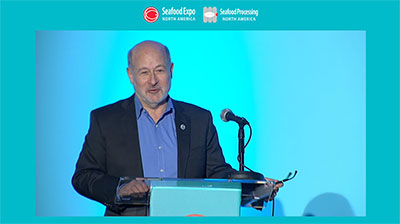
Moderator:
Kate Naughten, NOAA Fisheries
Speakers:
Danielle Blacklock, NOAA
Alexa Cole, NOAA
Janet Coit, NOAA
Paul Doremus, NOAA
Rick Spinrad, NOAA
NOAA Fisheries works closely with fishing and seafood stakeholders to ensure resilient marine fisheries in the U.S. and to strengthen the seafood industry. Ultimately, our goals include expanding domestic seafood supply, leveling the playing field on trade, and modernizing policies and infrastructure for a more efficient seafood supply chain. During this session, participants will hear from NOAA leadership about the agency’s top priorities under the Biden-Harris Administration, including supporting economic and environmental resiliency of our coastal communities by providing the seafood industry with the critical resources needed for generating greater demand for U.S. seafood.

Speaker(s)/Moderator(s):
Speaker: Gib Brogan, Northeast director, Oceana
Moderator: Sean Murphy, Editor, Seafood Source
Duration: 55 minutes
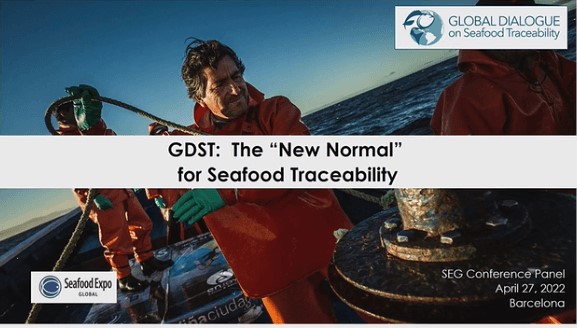
Speaker: Greg Brown, GDST Executive Director - Global Dialogue on Seafood Traceability
The game-changing traceability standards issued in 2020 by the Global Dialogue on Seafood Traceability (GDST) are rapidly gaining industry adoption around the world, and the relevance of GDST to emerging regulations is becoming increasingly clear. As the GDST gains strength as an independent B2B platform, this panel will feature the GDST's new Executive Director and his vision for the future, while highlighting several leading companies whose implementation of the GDST standards illustrates the "new normal" of seafood traceability for the entire sector.
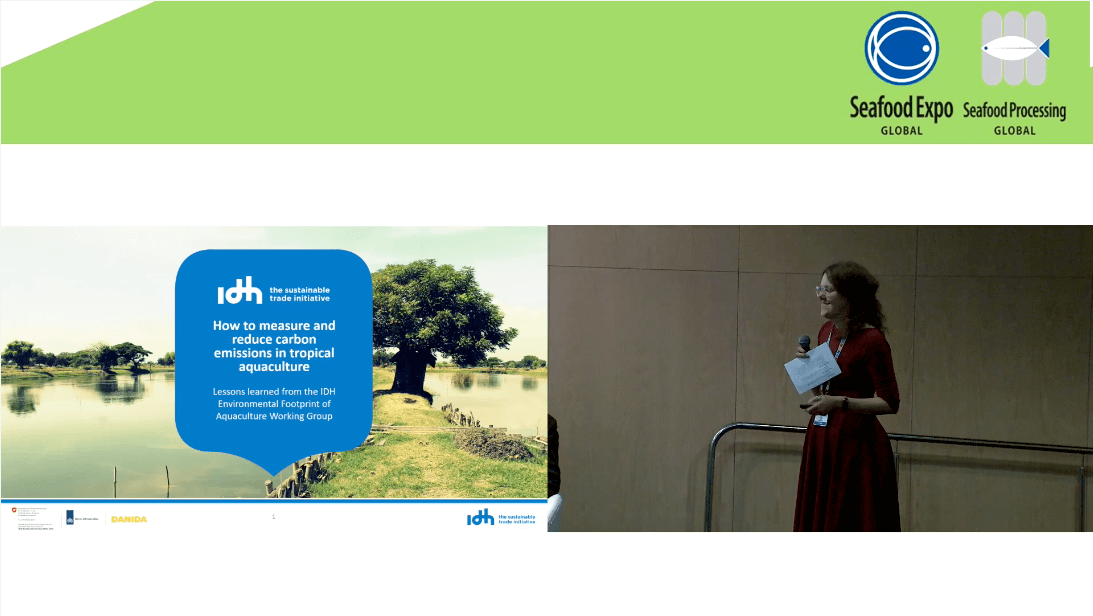
Speaker:
Lisa Van Wageningen
Teresa Fernandez
Dominique Gautier
Björn Kok
Pamela Nath
The recent IPCC report is very clear: we need to reduce greenhouse gas emissions now to avoid catastrophe. As food production accounts for a large share of global emissions, we cannot wait to start reducing the carbon footprint of different sectors, including seafood – both wild harvest and aquaculture. However, to date, methodology to calculate the footprint of seafood products has been lacking in the seafood industry, and without accurate baseline footprints, understanding hotspots and implementing improvement projects to meet targets is out of reach. To face this challenge, a few forward-looking companies have joined the IDH Aquaculture Working Group on Environmental Footprint, to among other environmental concerns, start measuring their carbon footprints along their entire supply chains – from the soy being produced for use in aquafeed, up until purchase by consumers. As the timeframe for reducing emissions is closing in, this Panel Presentation at Seafood Expo Global (Barcelona) will allow a platform for companies at different segments of the value chain to explain how they approach measuring carbon along their supply chains; and will explain where the carbon hotspots are in tropical aquaculture supply chains; and what they learned during the process of evaluating the footprint of aquaculture products. Along with the companies, the Panel Presentation will include experts in environmental foot printing in the agri-food sector. Join us in this session and listen to the experiences of companies that are calculating the footprint of their seafood products. Learn what your company can do in measuring and reducing your aquaculture carbon footprint.
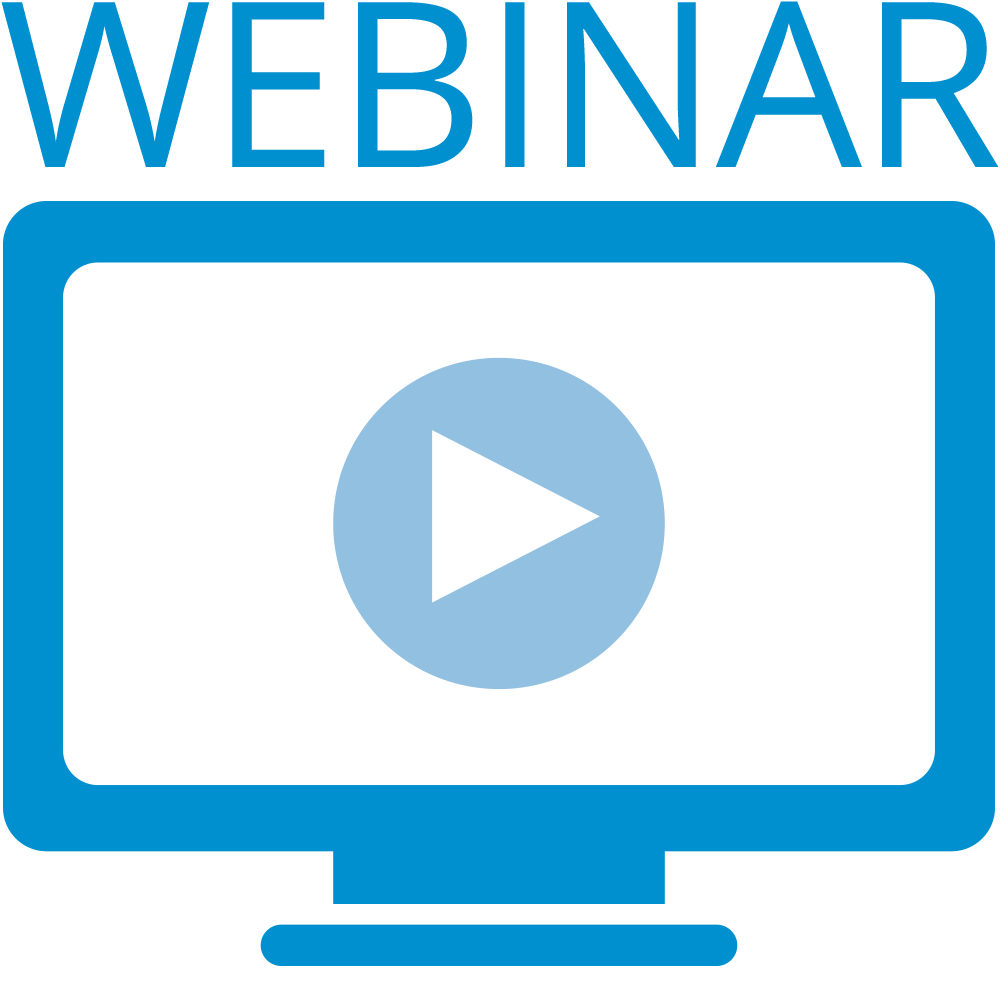
Introducing RISE, a Roadmap to Improve Seafood Ethics

Fishermen and coastal communities are increasingly experiencing shifts in fish resource abundance and distribution, likely related to changing ocean temperatures caused by climate change.
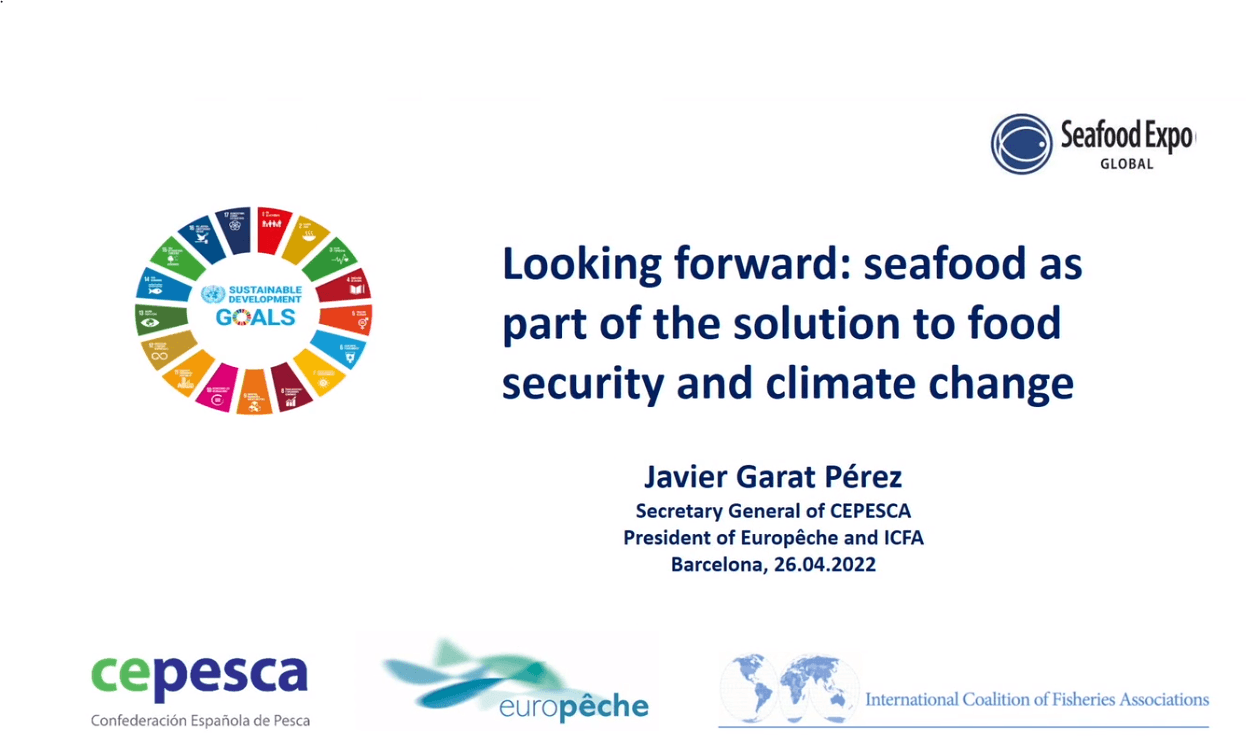
Speaker: Javier Garat, President - Europêche and ICFA
FAO talks about the new narrative concerning the fishing industry. In the conference, Javier Garat will talk about the reasons why seafood is the healthiest animal protein in the planet and with less carbon footprint in its production. He will explain why it is so important to contribute to world food security and to the fight against climate change. Garat will talk about the need to manage 100 % of the world fish stocks and the need to balance the conservation of marine biodiversity, the sustainable use of the natural resources and the food security. Furthermore, he will talk about the contribution of fishing industry to the SDG and how innovation is contributing to the sustainability of the industry.

Forecasting Ocean Weather | The solution to protect, insure, & invest in salmon aquaculture
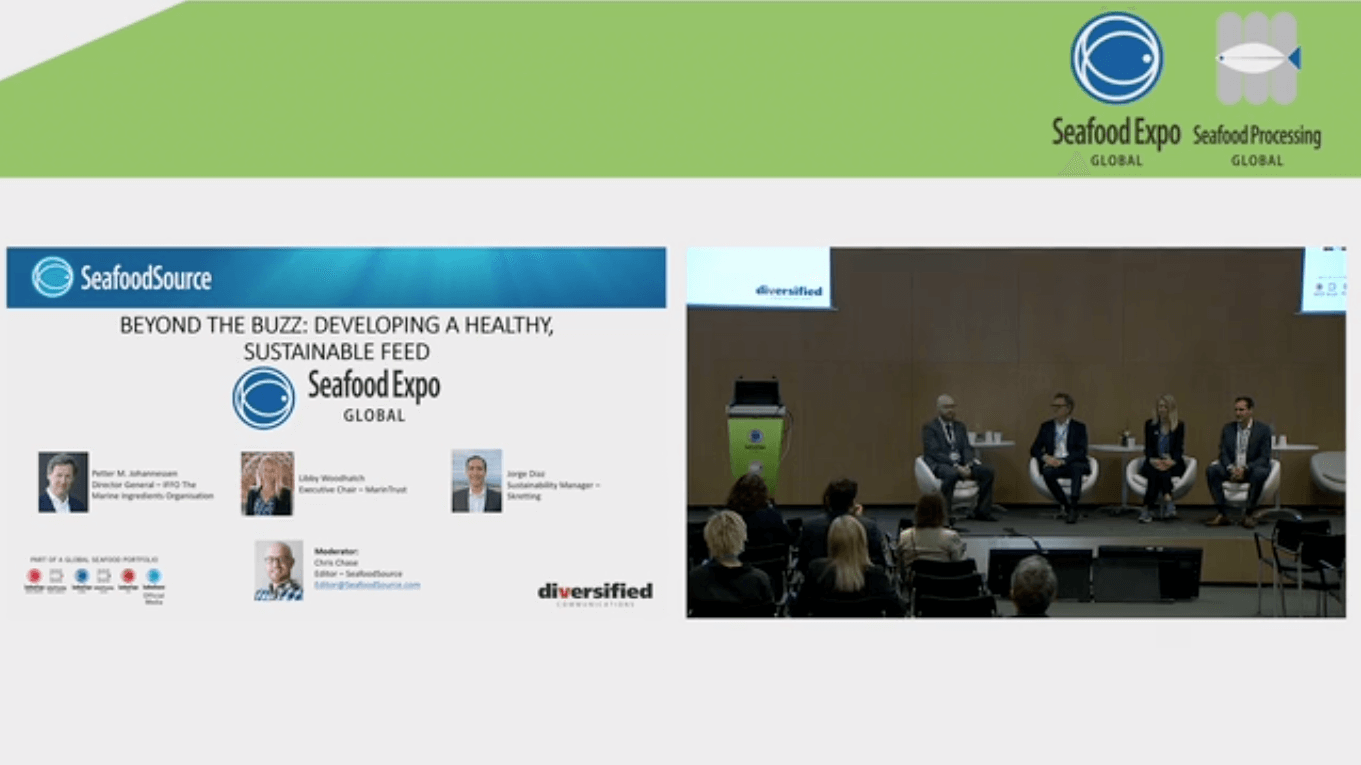
Speakers: Chris Chase, Editor - SeafoodSource.com, Jorge Diaz, Sustainability Manager - Skretting, Petter Martin Johannessen, Director General - IFFO The Marine Ingredients Organisation, Libby Woodhatch, Executive Chair - MarinTrust
The aquaculture feed sector is seeing the development of new inputs with the potential to improve the sustainability of its product. While these new innovations can contribute to a better feed, traditional inputs like fishmeal still hold the greatest potential to efficiently deliver a nutrient rich, sustainable feed to the aquaculture marketplace. This panel will explore how the feed sector is working to design a feed that meets the needs of the aquaculture industry and its customers.

There is increased awareness about the need to change the way we farm and harvest fish. A more efficient production and transparent value chain will be important factors in establishing future sustainable growth for the industry.





